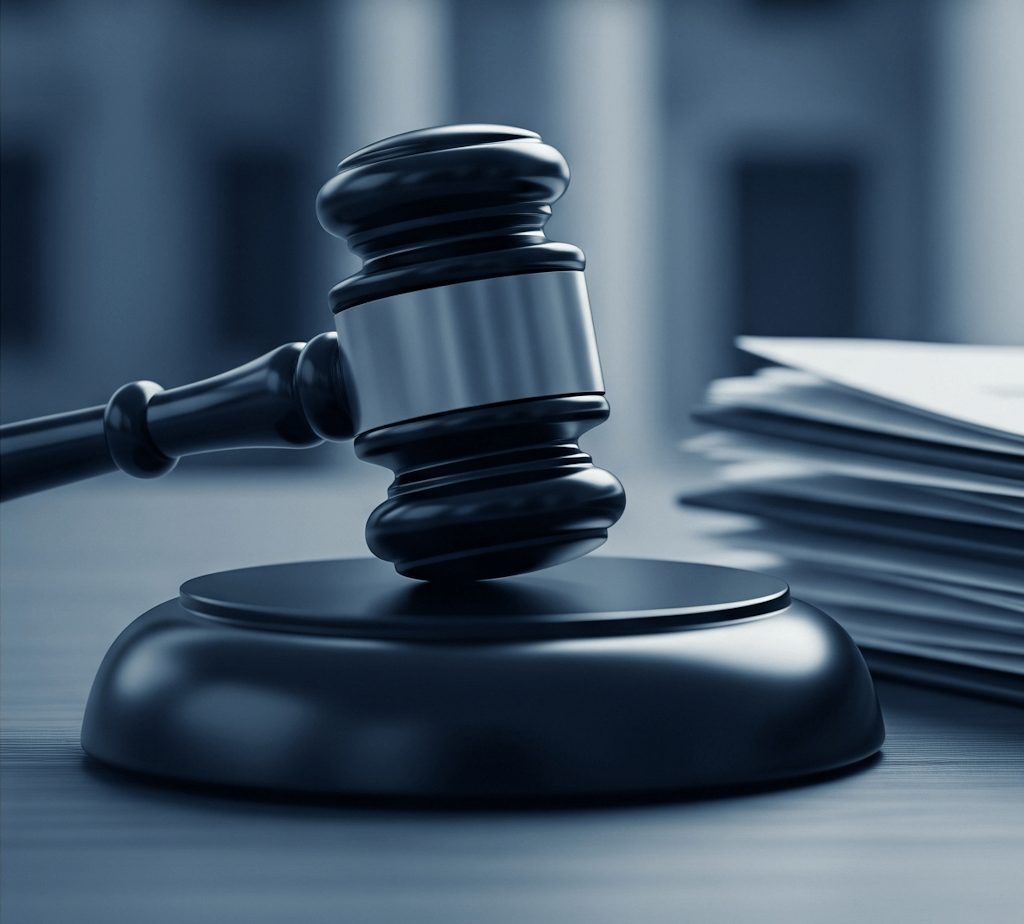Do You Really Need a Bankruptcy Lawyer? Here's When It Makes Sense

Statistics from the Administrative Office of the U.S. Courts show that the number of bankruptcy filings went up from 467,774 cases in the year ending March 31, 2024, to 529,080 cases in the current year.
If you're in a lot of debt or about to lose your home, deciding to get professional help is a major decision. You can file for bankruptcy on your own, but the question is, should you?
Consult a legal professional if you want to know if bankruptcy is the best way to handle your debt. According to bankruptcy lawyer Bill Preston, having a lawyer can ease up your burden in the bankruptcy process and help you figure out which type is best for you to make a plan for your financial future and stability.
While you can legally file your own taxes, the system is full of fine print, strict deadlines, and choices that could affect your money and future for a long time. Let's discuss your decision-making factors.
Understanding the Bankruptcy Process
A bankruptcy is not the end but the beginning. Analyze your own financial situation and see what debts you have and what kind of bankruptcy fits you: Chapter 7 or Chapter 13.
A Milford Chapter 7 bankruptcy lawyer says those who are deeply in debt can file for Chapter 7 bankruptcy to get back on track.
Chapter 13 bankruptcy is a type of bankruptcy in the United States that is meant for people (not businesses) who have a steady income but are having trouble paying off their debts.
Chapter 13 does not get rid of most of your unsecured debts by selling your assets, unlike Chapter 7. On the other hand, it reorganizes your debts and creates a plan to pay them back.
To file the petition, the next step involves gathering documents, such as pay statements and tax returns. Upon filing, most actions of collection stop under the automatic stay. Attending the accreditors' meeting is also part of the process.
Remember, you are not alone in this journey, and many have gone through this hard way and come out strong to stand beside you as you rebuild your future with finance.
Complex Financial Situations
When your finances are complex, dealing with bankruptcy can be hard. You could have a lot of debts, creditors, or other money problems.
Another kind of difficulty you might have to deal with is going through bankruptcy alone, not knowing what other options you have or if the choice you make is the right one for you.
A bankruptcy lawyer can help you understand your options so that you can make smart choices that are right for you. The professional help would also build a community amid tough times. The lawyer will help you gain control over your finances. You are not alone.
Protecting Your Assets
Who wants to stress about losing their property when facing complicated financial complications? You want to safeguard what you've worked so hard to acquire. In short, it is understandable.
A bankruptcy attorney can protect these valuable assets. Protecting exemptions that might allow you to keep a home, car, or retirement savings may be what they do.
Being proactive and seeking legal assistance helps you formulate a plan that reconciles your debts while protecting what really matters.
How to Deal with Legal Needs
Managing the legal requirements of bankruptcy can truly be intimidating: anxiety creeps in during times of financial stress.
Maybe you have doubts about the paperwork or the deadlines, or the documentation itself. A bankruptcy lawyer acts as your legal guide to keep you within the bounds of the law while protecting you from any errors.
The attorneys will explain the various types of bankruptcies, the means test, and the general conduct of the affairs. It can be reassuring to know that a professional is by your side.
You are not alone in solving these problems, and it can be a real relief getting legal help with the requirements.
Maximizing Your Bankruptcy Outcome
After you have learned bankruptcy laws, consider maximizing the outcome.
Gather any relevant financial papers so you and your lawyer can find any asset protection exemptions or solutions.
Evaluate your debts and priorities to establish a schedule where payments are manageable. Seek advice and information from support groups or forums where people talk about their experiences.
Being informed and connected can make a big impact. Most importantly, remain positive. Collaborating on this new path will help rebuild and grow. There are thousands of individuals who have taken this route and have come out on the better end.
839GYLCCC1992



Leave a Reply